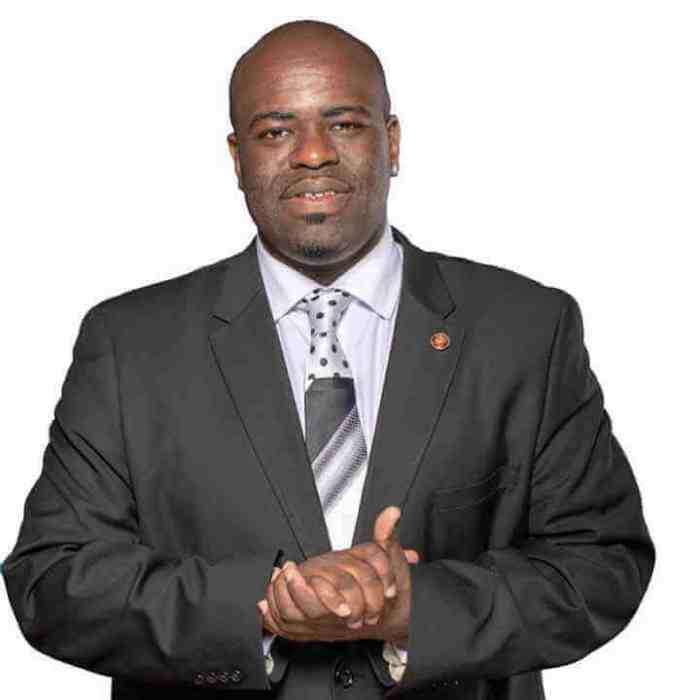By Mumal Rathore
BENGALURU (Reuters) – The Bank of Canada will hold interest rates at 1.75% on Wednesday, according to most economists polled by Reuters, although a significant minority expects at least one rate cut by year-end.
About 60% of respondents, 20 of 34, said the central bank would leave its benchmark overnight rate unchanged until the end of 2020, down slightly from about 70% when forecasters were last polled by Reuters a month ago.
Those prospects have flipped back and forth in monthly polls since October as optimism around the Canadian economy has see-sawed. While more economists expect a 2020 rate cut than in January, there were even more in December.
However, optimism about the economy has started to sour again.
“The labour market is starting to slow down, consumer spending is definitely not there, business investment is clearly disappointing and exports outside energy are not rising in any significant way,” said Benjamin Tal, deputy chief economist at CIBC Capital Markets.
“So there are many factors suggesting GDP growth will be suboptimal and although the BoC would like to avoid cutting, the overall weakness in the economy will convince them that a cut is needed,” said Tal, who expects a cut in Q2.
(GRAPHIC: Reuters Bank of Canada March pre-meet poll – https://fingfx.thomsonreuters.com/gfx/polling/1/685/675/BOC.png)
Still, only six of 34 economists surveyed from Feb. 24-27 expect a rate cut at the March 4 policy meeting. Analysts provided a median 30% probability of a rate reduction then, roughly in line with market pricing.
Canada’s economic growth likely ground to a near-halt in the final three months of 2019 – 0.3% – according to a separate Reuters poll. It is forecast to recover only modestly to an annualized 1.6% rate in the current quarter.[ECILT/CA]
But with financial markets hammered by fears over the spread of the coronavirus and swathes of Asia now expected to take a direct economic hit from factory shutdowns, travel restrictions and less consumer spending, that may look optimistic.
Canada has had economic disruptions of its own this month.
“The shutdown of large sections of the Canadian rail system following First Nations protests and blockades will be a larger drag on economic activity than the coronavirus,” said Sebastien Lavoie, chief economist at Laurentian Bank.
Asked if those blockades had significantly dulled the expected strength of the economy’s rebound this quarter, 13 of 19 economists said it had.
Four of the five biggest Canadian banks are expecting the BoC to cut rates at least once by end-2020.
But BMO Capital Markets, the top economic forecaster in Reuters polls for Canada in 2019, said rates will stay on hold until at least the end of next year. Inflation, which the BoC targets at 2%, has remained steady and is not set to pick up.
There remains a high degree of uncertainty over the longer-term interest rate outlook, even before the latest shocks. The range of probabilities given by economists for a March rate cut ran from 10% to 90%. For end-year it was 20% to 100%.
Looking further out, views on where rates will be at the end of next year ranged from 0.5% to 2.5%, roughly as wide as those on U.S. benchmark rates.
(For other stories from the Reuters global long-term economic outlook polls package,)
(Polling by Manjul Paul and Sumanto Mondal; Editing by Ross Finley and Jonathan Oatis)




















